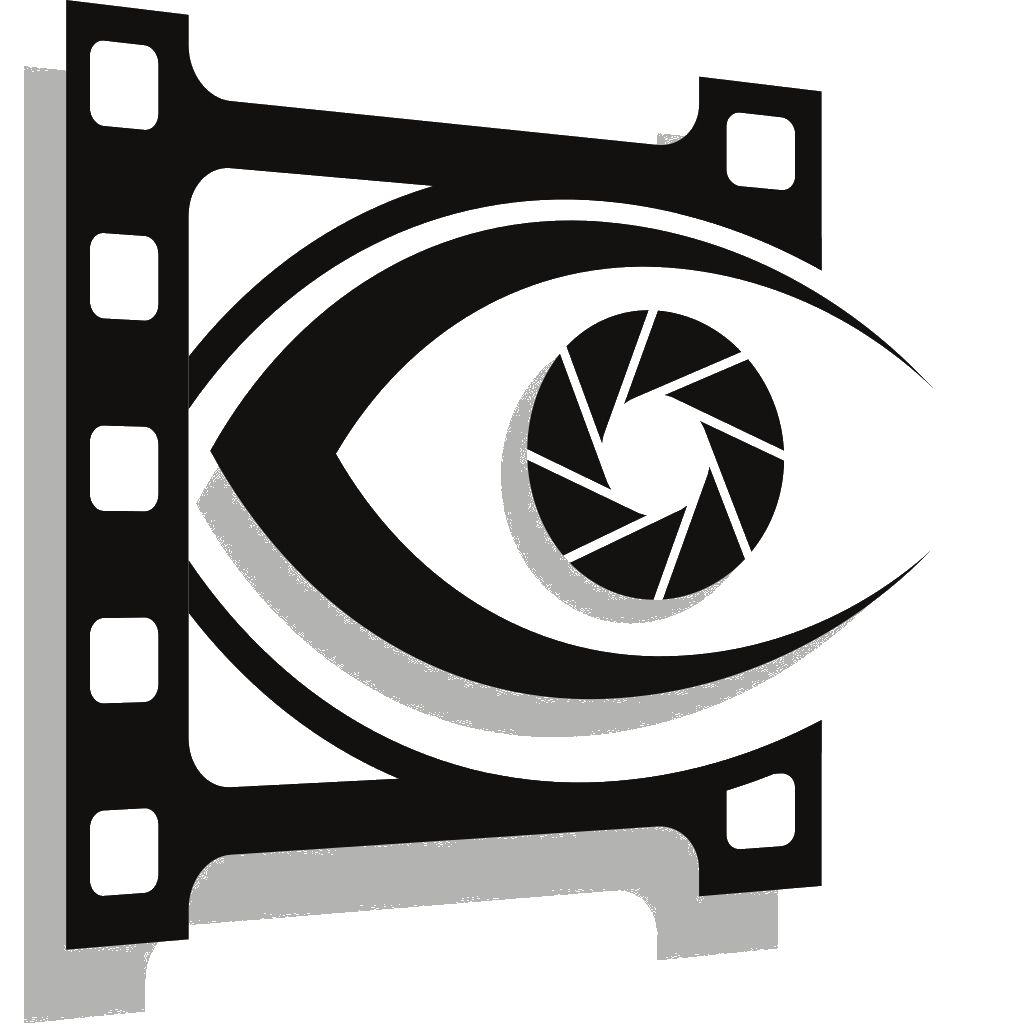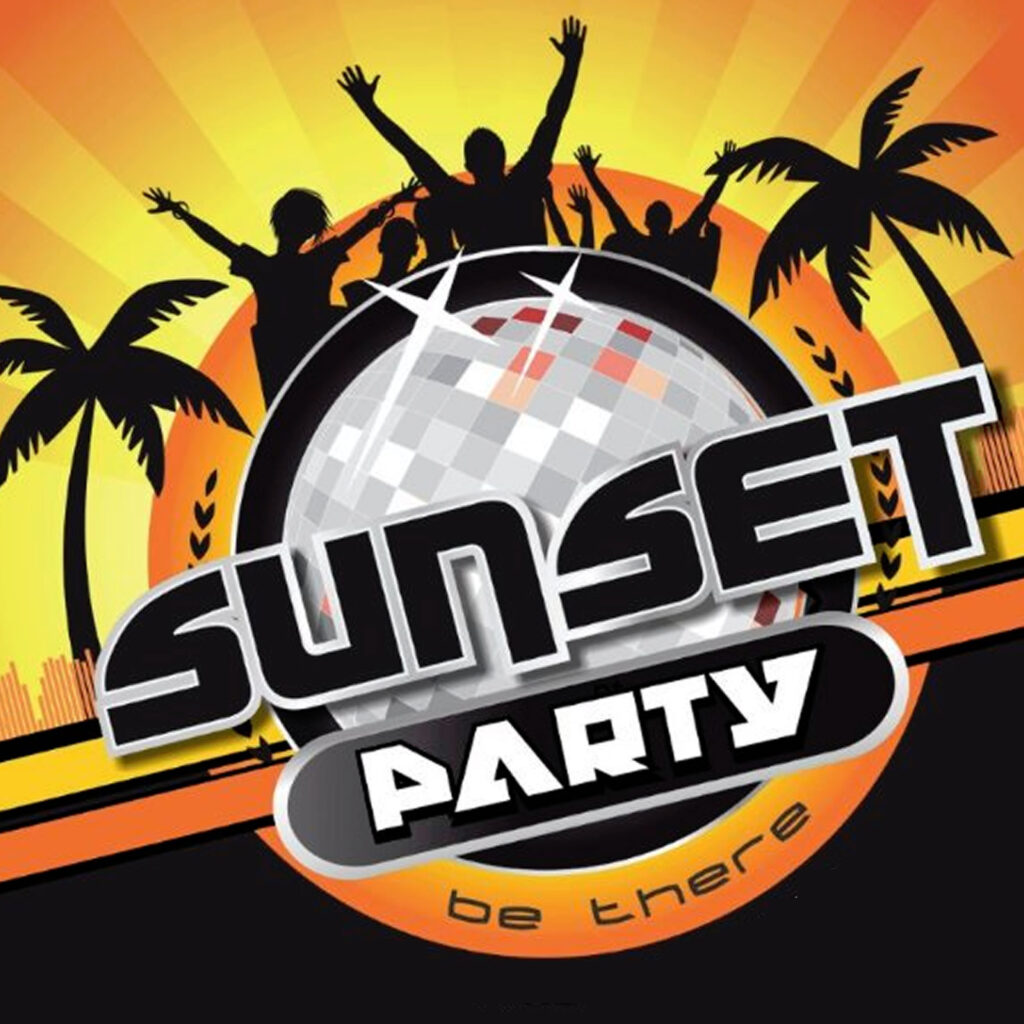The debate surrounding the intersection of copyright law and artificial intelligence (AI) has been heating up, and the U.S. Copyright Office (USCO) has recently weighed in with its findings. Since March 2023, the Copyright Office has been delving into the legal and policy issues surrounding AI-generated works. As part of this effort, the Office released part two of its multi-part report on the copyrightability of materials created by generative AI, providing key insights into how current copyright law applies to the AI era.
ASCAP (the American Society of Composers, Authors, and Publishers) has played an instrumental role in this process, advocating for the rights of music creators in the age of AI. They submitted public comments to ensure that the perspectives of human creators—particularly in the music industry—were taken into account. The Copyright Office’s report not only acknowledges ASCAP’s contributions but also aligns with the principles the organization put forward in its recommendations.
Key Findings from the USCO Report
- No Need for New Legislation: The Copyright Office concluded that questions of copyrightability regarding AI-generated works can be addressed under existing copyright law, without the need for new legislation. This confirms that current laws are flexible enough to accommodate the unique challenges posed by AI, providing a sense of clarity to creators and industries alike.
- AI as a Tool, Not a Creator: One of the central findings is that AI tools used to assist human creativity do not hinder the availability of copyright protection. AI can be an aid to human creators, but it does not replace them. The key takeaway here is that AI can be viewed as a tool—helping with tasks like generating ideas, suggestions, or drafts—but the human creator remains at the center of the creative process.
- Copyright Protects Human Expression: According to the report, copyright law continues to protect the original expression of a work created by a human author, even if the work contains elements generated by AI. This reinforces the idea that copyright protects human creativity, regardless of whether AI is involved in the creation process.
- AI-Generated Material is Not Copyrightable: A crucial point highlighted in the report is that purely AI-generated content—created without sufficient human involvement in the expression or creativity—does not qualify for copyright protection. In other words, works that are solely produced by AI, with minimal or no human intervention, are not eligible for copyright. Additionally, the mere act of issuing a prompt to an AI system does not count as sufficient creative control.
- Human Control is Key: The report stresses that whether human contributions to AI-generated outputs are sufficient to claim authorship must be determined on a case-by-case basis. This ensures that copyright remains tied to works where human authors exert meaningful control over the creative decisions.
- Human Contributions in AI Outputs Are Protectable: For creators who modify or select elements generated by AI, their contributions are entitled to copyright protection. This means that human creators who select, arrange, or modify AI-generated content—such as by adjusting musical compositions, artwork, or written material—retain ownership of their creative contributions.
- No Need for New Copyright Protections for AI Content: The report concluded that the case has not been made for additional protections for AI-generated content beyond the rights already provided in the Copyright Act. In other words, AI itself does not deserve separate or extended copyright protection, ensuring that human creators remain at the center of intellectual property laws.
ASCAP’s Role and the Future of Copyright in the AI Age
The findings in the USCO report echo the principles that ASCAP has long championed, highlighting the importance of protecting human creators in an age where AI is playing an increasingly prominent role in artistic and intellectual endeavors. ASCAP’s contributions to the public comments were crucial in ensuring that the interests of human creators, especially in the music industry, were fully considered in the Copyright Office’s study.
As the report emphasizes, AI is a tool—an incredible one, but a tool nonetheless. The creative direction, decision-making, and execution still rest in the hands of human creators. ASCAP remains committed to ensuring that copyright protections continue to serve the needs of musicians, songwriters, and all types of creators, while also embracing the positive potential of new technologies like AI.
Moving forward, ASCAP will continue to advocate for creators, ensuring that AI advancements do not undermine the rights of human authors and that copyright law adapts to the changing landscape. The organization’s ongoing efforts will help define industry standards that protect creators while allowing for innovation and progress in the realm of AI-assisted creativity.





